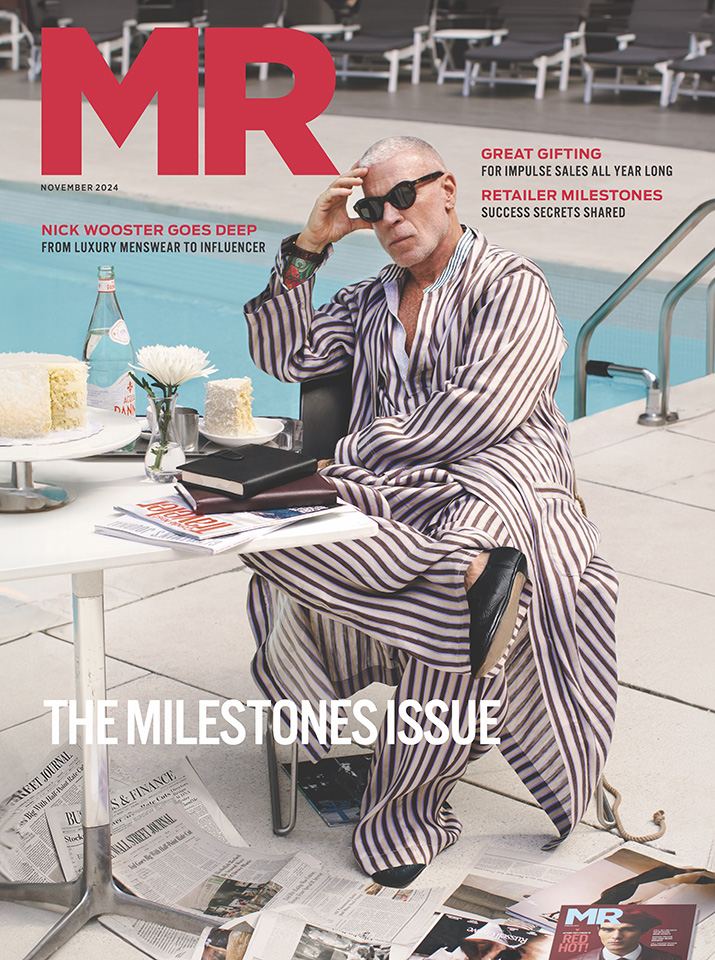How A Menswear Brand Stays Afloat—And Stays Ethical—Through A Pandemic And Protest

The clothes piled up in one corner of Brendon Babenzien’s dining room, folded behind the section of the dinner table that had become his workplace—a little retail operation in his apartment. In March, when the coronavirus began forcing huge chunks of the country to work from home, Babenzien—the founder and designer of the streetwear-gone-prep label Noah—took his work home, too. The scene reminded him of the brand’s earliest days, five years ago—before the Noah boutiques in New York and Tokyo, before the department store outposts in London and L.A., before the brand staffed a warehouse in Brooklyn and populated an office in Soho. With those all shuttered, Babenzien had his assorted factories and suppliers send the fabric swatches, dye tests, embroideries, and garment samples—all of the fashion-business stuff that goes into making the brand’s rugby shirts and swim trunks and hoodies—straight to his door. “You kind of go back to your roots,” he told me in the first of a number of phone conversations during the month of April. When we first spoke, all but a dozen of the 50-odd Noah staff had been furloughed. Sales were depressed. Babenzien took to the company’s email list to encourage customers to appreciate the dire reality of the moment, calling on them to support the independent businesses that, like his, rely on regular cashflow to stay solvent. Read more at GQ.

